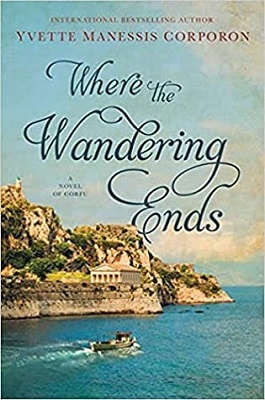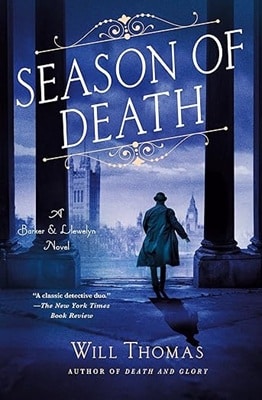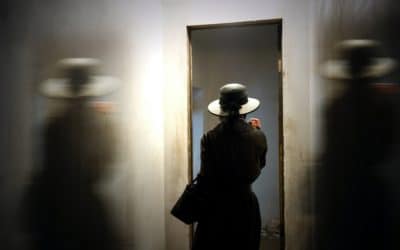Book Review
Where the Wandering Ends
Corfu Island, 1947. The period is beautifully breathed into this story from the first pages, when we meet a young girl named Katerina and her father, Laki. She is considered a lucky one; as a provincial girl she receives an education thanks to a new teacher, who has no tolerance for the ignorance of provincial girls not receiving education.
The former teacher was passionately against the monarchist citizens of Corfu, who are brainwashed in their support of the royal family, and deaf to the plight of the poor Greeks. His political views are seen as extreme, and he is ultimately seen as not fit to be a teacher of their children.
Laki is a staunched supporter of the monarchy, but the teacher’s words continue to play in his mind. The Communists were the ones who led the resistance and fought so valiantly against the Germans. Now, those who refuse to support the Communist party are being slaughtered. He witnesses his own people turning against each other. When boats are destroyed at the shore, one collects dead bodies as well as dead fish, meaning less food for the villagers. The results are double dire. He has lived off the land and sea his entire life, just like his parents. He is a poor, uneducated man with strong faith. That’s why what God provides is important to him, not guns or masqueraded ideology. Thus, he keeps his views to himself.
Queen Frederica is on a mission to save children from the Communists by opening children’s villages. She provides a thriving place for children where they can receive education, and prevents many of them ending up on the streets as beggars. Marco, Katerina’s friend, is to be sent to one of those children camps due to family circumstances. Before he goes, he asks her to promise that she will remain his best friend and even more be his family. At the same time, the Communists counter the Queen with children’s camps of their own, where they are mistreated and sent to the front lines. The Communist partisans create pogroms on villages, and now Katerina’s family has to flee their village. Will the promise be kept?
This story presents unforgettable richness in historical fiction and masterful storytelling. The evocative writing touches one’s soul and reminds us how simple things and gestures stand for what life is about. A mother who can offer an hour of extra sleep to her children is the only luxury she can afford; a son gifting a mother a simple wreath woven from her favorite flowers of gardenias.
With vivid portrayal, we taste a juice of a fresh fig; we smell the flowers paving the path to the sea; and we bask in the sun and enjoy the fresh sea breeze.
This story is character-driven with well-fleshed out characters, filled with backstories, and woven with lyrical prose. It is highly engrossing, making the pace fast. It brings many interesting facts that don’t overwhelm the story. It is fascinating to learn what a difference Queen Frederica made by creating a safe place for children and giving each an education. Thus, making a tremendous impact on humanity.
More Historical Suspense
Historical Suspense Articles
Historical Psychological Thrillers
How historical psychological thrillers stack up against psychological thrillers
Is it Historical Fiction?
How long ago does history start?
Offbeat World War Two Thrillers
Nine World War Two thrillers that don’t follow the usual storylines










